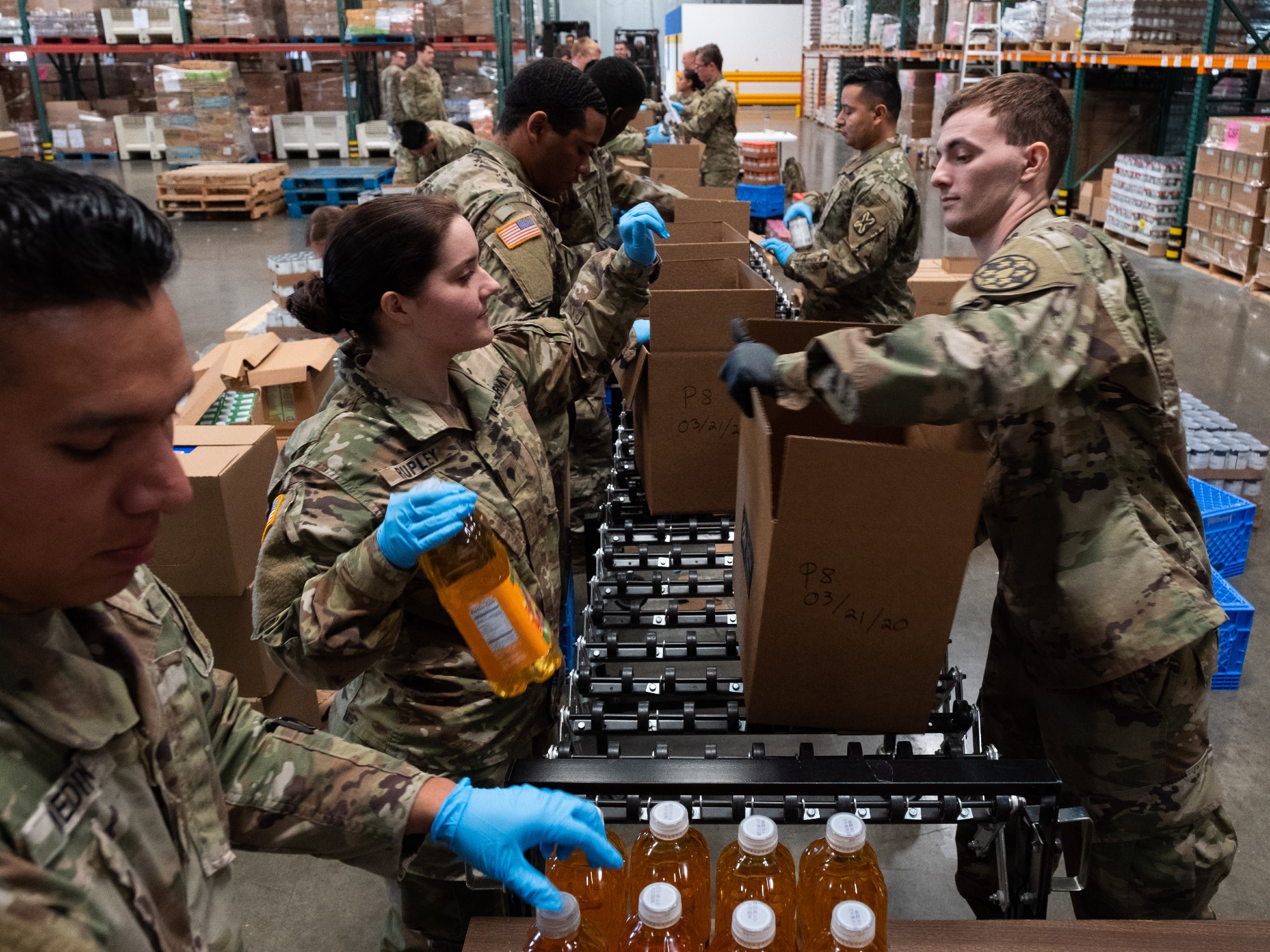
### The Temptation of Misinformation in the Food Sector: A Thorough Examination of Food Babe and ‘Natural’ Health Assertions
Woody Allen once humorously stated, *”You can live to be a hundred if you give up everything that makes you want to live to be a hundred.”* While amusing, this quote encapsulates a significant struggle in contemporary health culture: the overwhelming amount of contradictory guidance on leading a better, healthier, and longer life, often resulting in confusion regarding what changes are essential — if any at all. Among the most vocal figures in this ongoing discourse is wellness blogger Vani Hari, more commonly known as the “Food Babe,” who has garnered a substantial following by advocating for a “natural” lifestyle while condemning what she views as the threats inherent in modern food processing.
But is the Food Babe truly providing a solution, or is she simply a distraction? In this article, we’ll explore why her emphasis on GMOs, food additives, and “dietary chemicals” overlooks the more urgent health concerns in America, and why such a campaign ultimately distracts us from addressing the real underlying causes of our unhealthy habits.
### Who Is the Food Babe?
Vani Hari gained prominence through her blog *Food Babe*, attracting millions of followers in her pursuit to unveil the supposed dangers in commonplace foods. Her focus primarily revolves around two central themes:
1. **The dangers of chemicals and GMOs** — she argues that these elements are essentially poisoning us.
2. **The benefits of “natural” foods and organic products** — she champions these as healthier alternatives to conventional food items.
Her impact is significant. She has successfully campaigned for major food companies like Subway to eliminate certain purportedly harmful chemicals from their menus, and her book *The Food Babe Way* has achieved bestseller status. At first glance, this mission appears to be empowering and health-focused. After all, who wouldn’t want to sidestep toxins and adopt a natural, healthy diet?
### The Misguidance of the Health Campaign
Nonetheless, Hari’s method has considerable shortcomings, and in many ways, it acts as a substantial diversion from the issues that genuinely matter for public health.
#### The Exaggerated Fear of Chemicals
Let’s begin with what Hari refers to as “chemicals” in our food. Potassium sorbate, artificial colorants, and GMOs frequently top her list of concerns. She claims they have catastrophic long-term health implications, despite a wealth of scientific evidence suggesting otherwise. The Food and Drug Administration (FDA), the World Health Organization (WHO), and various scientific studies affirm that within the amounts found in processed foods, these additives are generally considered safe and do not present significant health hazards.
The reality is that substances like potassium sorbate — a preservative — or GMO crops are not the main reasons behind the deteriorating health of millions of Americans. The vilification of certain food components diverts focus from larger public health issues like inadequate nutrition and insufficient physical activity. No endeavor against GMOs or artificial chemicals will rectify the fact that many individuals consume too many high-calorie, low-nutrition foods and lead sedentary lifestyles.
#### The GMO Fallacy
Genetically Modified Organisms (GMOs) play a significant role in the Food Babe’s campaign against chemicals. However, from a scientific standpoint, GMOs do not pose the threat she proclaims. Extensive research over decades shows that the GMO crops available today are as safe to consume, if not safer in some instances, than their non-modified counterparts. GMOs might even help address critical food scarcity issues by creating crops that are more resilient to pests or drought.
Additionally, many of the organic or “natural” items that Hari endorses also utilize forms of genetic selection or modification, albeit without being labeled as such. Selective breeding of plants and animals has been practiced for thousands of years, and nearly all the fruits and vegetables found in a grocery store today do not exist in their original “natural” state. Therefore, the “natural food” designation often serves as little more than a marketing strategy rather than a valid measure of health.
### The True Health Crisis in America
The basis of America’s health crisis isn’t rooted in some concealed additive or a genetically modified corn crop. It’s entrenched in lifestyle choices. As per the American Cancer Society and American Heart Association, the leading causes of death in America — diabetes, heart disease, and specific cancers — are greatly influenced by our diet and levels of physical activity.
Consider this: how could steering clear of GMOs or food additives possibly rectify a national diet that prioritizes calorie-dense, nutritionally deficient foods? Instead, it’s the consumption of excessive fried, sugar-rich, and fat-laden products that are directly contributing to this health crisis.
Here’s the core of the issue:
– **Unhealthy Dietary Choices**: The typical American is not consuming enough vegetables, whole grains, or fiber while overindulging in fatty meats, processed snacks, and sugary